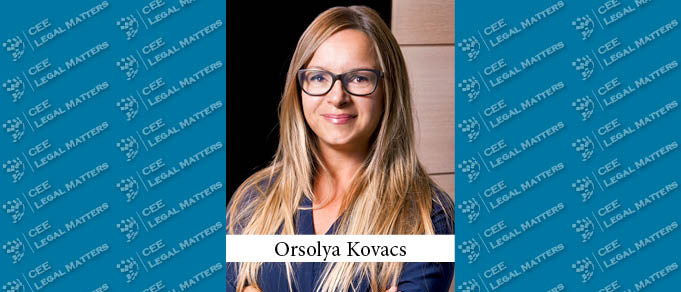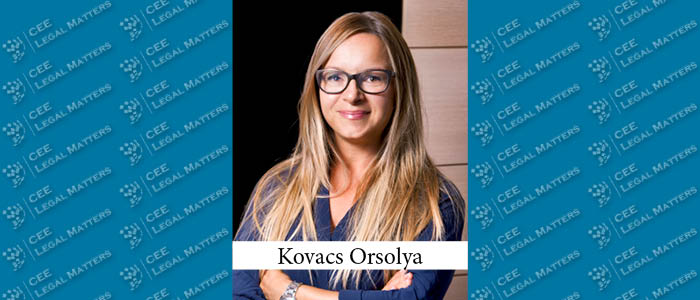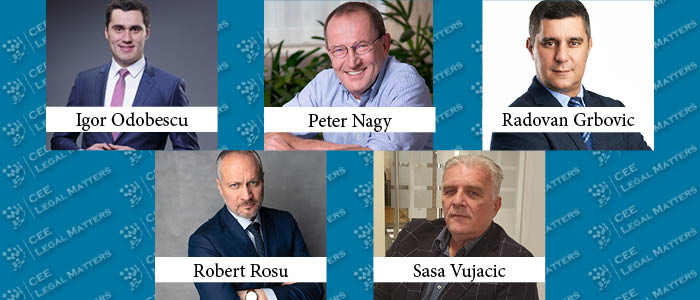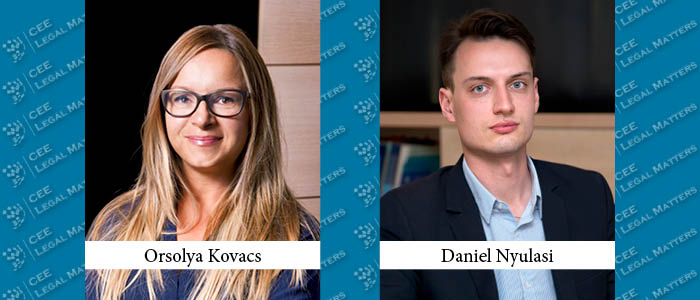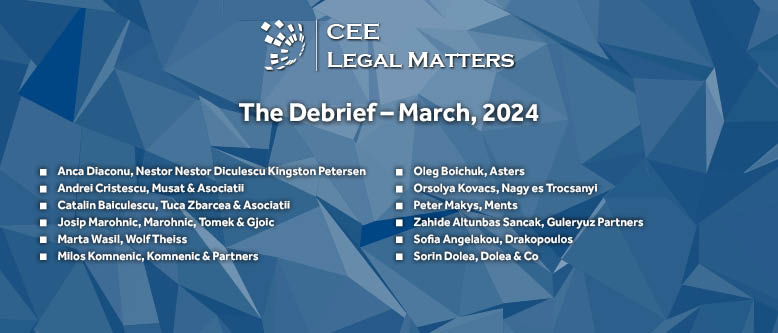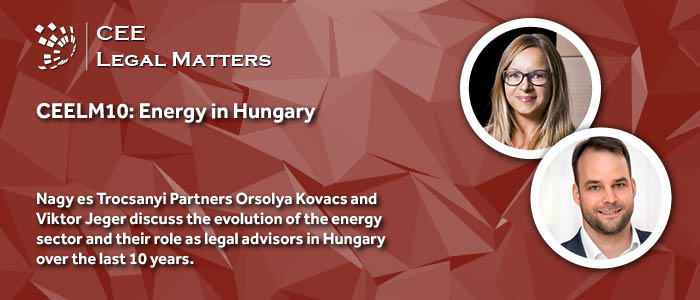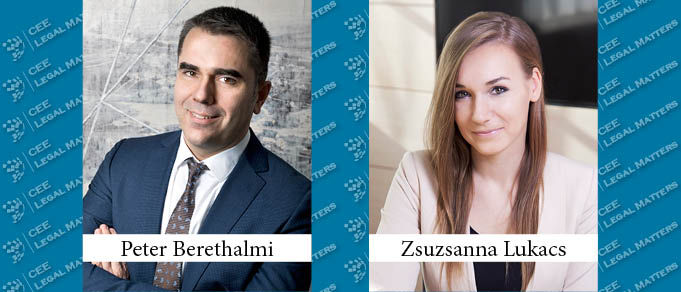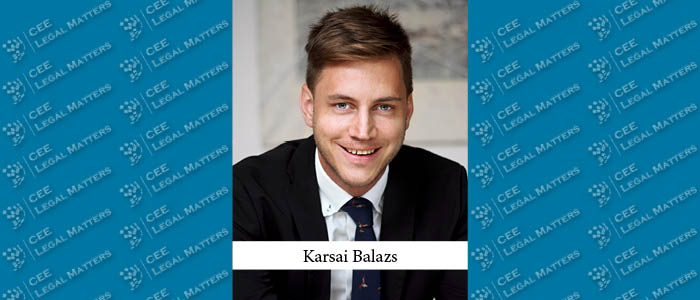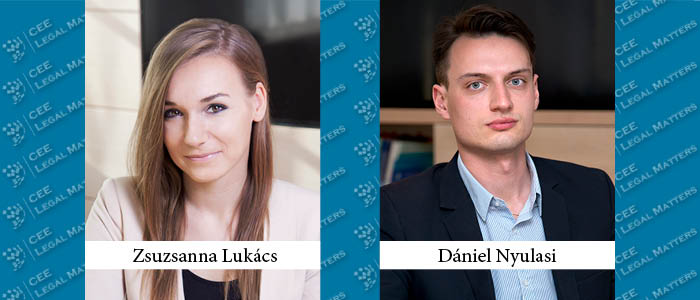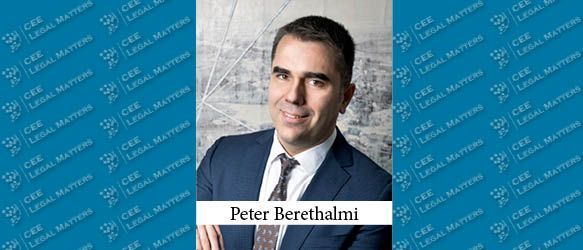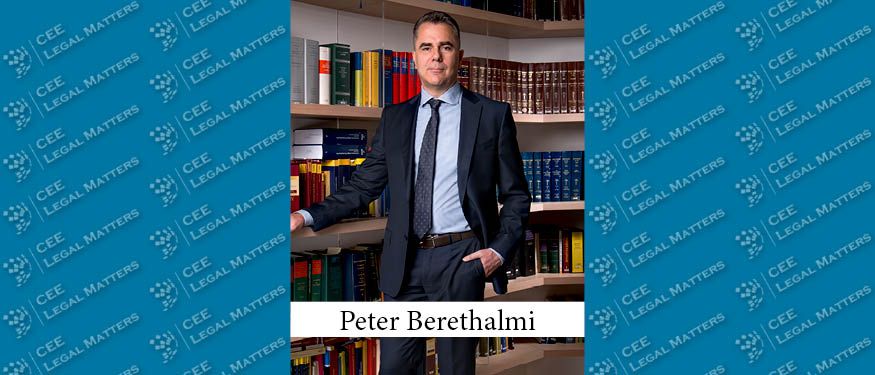Labor shortages have emerged as a pressing issue across CEE, prompting diverse responses from governments, businesses, and the public as they navigate the challenges of workforce gaps and economic sustainability.
Hungary: Accommodation Services in Tax Spotlight
One of the sectors contributing the most to the Hungarian GDP is tourism, with nearly 16 million guests spending more than 41 million overnight stays in Hungary in 2023. According to the data of the Hungarian Central Statistical Office, foreign tourists spent 11,866,669 overnight stays in Hungary in 2023, of which 59.20% chose hotels, 32.36% stayed overnight in private and other accommodations, and 8.44% chose community accommodations.
The Corner Office: Onboarding Clients
In The Corner Office, we ask Managing Partners at law firms across Central and Eastern Europe about their backgrounds, strategies, and responsibilities. With managing firm clients being a critical aspect of firms’ operations, we asked: What are the three most important elements when onboarding a new client?
Building Up eHungary: A Buzz Interview with Orsolya Kovacs of Nagy es Trocsanyi
After heightened political tensions preceding June’s elections, Hungary is now implementing a new electronic land registry requiring attorneys to pass an exam, amid ongoing digitalization efforts, according to Nagy es Trocsanyi Partner Orsolya Kovacs.
Dissecting CEE Disputes
ACI Partners Managing Partner Igor Odobescu, Nagy es Trocsanyi Founding Partner Peter Nagy, Kinstellar Partner Radovan Grbovic, Law Office Vujacic Partner Sasa Vujacic, and Tuca Zbarcea & Asociatii Partner Robert Rosu discuss recent litigation trends across CEE, driven by the impact of economic shifts and regulatory changes in their jurisdictions.
Hungary: The Network Development Plan for Electricity System 2023 Has Been Approved
On February 14, 2024, the Hungarian Energy and Public Utility Regulatory Authority (MEKH) approved the Network Development Plan 2023 submitted as a result of the coordinated work of the Hungarian TSO (transmission system operator – MAVIR Zrt.) and distribution network operators.
Keep Your Guard Up: Transforming European Defense Sectors
Across Europe, defense sectors are experiencing significant transformations and budgetary escalations, driven by a need for enhanced military readiness and modernization. Avellum Partner Andriy Romanchuk, Cobalt Partner Deividas Soloveicik, Nagy es Trocsanyi Partner Gyorgy Kiszely, and Tuca Zbarcea & Asociatii Partner Serban Paslaru take a closer look at defense spending in their respective countries.
The Corner Office: Skills of Tomorrow
In The Corner Office, we ask Managing Partners at law firms across Central and Eastern Europe about their backgrounds, strategies, and responsibilities. Given the dynamic and ever-evolving nature of the legal profession, we asked: What is the one critical skill that you’re investing time and energy in to develop within your team, and why?
News in the Solar Power Plant Market
The solar power plant market in Hungary became very active lately and it is expected to grow further still. Transactions in this market require more due diligence than, for example, the sale of a business property, and it seems that as of this January, foreign investors will need to consider this further aspect simultaneously when making a business decision on a solar market transaction.
The Debrief: March 2024
In The Debrief, our Practice Leaders across CEE share updates on recent and upcoming legislation, consider the impact of recent court decisions, showcase landmark projects, and keep our readers apprised of the latest developments impacting their respective practice areas.
Hungary: Tendencies in Tax Procedures
I’ve always been very interested in trends and statistics, and recently have been looking at potential trends in applications for a legal award. Based on the call for submissions, you can apply in six categories, which include, of course, very trendy topics such as data protection, digital solutions, and ESG, the more traditional ones of M&A and intellectual property, but for the sixth consecutive year, there is a tax law category. Moreover, not only does such a category exist, but the number of applicants is outstanding.
CEELM10 Interview: A Decade of Energy In Hungary
Nagy es Trocsanyi Partners Orsolya Kovacs and Viktor Jeger discuss the evolution of the energy sector and their role as legal advisors in Hungary over the last 10 years.
Hungary: Employee or Contractor – Effective Strategies to Avoid Misclassification
Under Hungarian private law, legal relationships aimed at performing various tasks on the basis of instructions are generally based on either employment contracts regulated by Act I of 2012 of the Labor Code (Labor Code) or services agreements governed by Act V of 2013 of the Civil Code.
Balazs Karsai Takes Over as Nagy & Trocsanyi Managing Partner
Nagy & Trocsanyi has announced the appointment of its new Managing Partner – Balazs Karsai – set to take over stewardship of the firm on January 1, 2024.
Key Changes in the New Hungarian Advertising Code
The Hungarian Code of Advertising Ethics (hereinafter referred as: the “Code”) has not been revised since 2015, but the achievements of the times and the accelerated flow of information made it necessary to include some specific elements into the Code. Following approval by the advertising industry bodies, the new Code came into force on June 30, 2023. The purpose of this article is to highlight the most important changes to the content, in order of their position in the new Code.
E-Registries and New Certifications in Hungary: A Buzz Interview with Orsolya Kovacs of Nagy es Trocsany
Hungary has adopted new laws covering various areas, prioritizing electronic registration processes and the construction industry, while also making significant advancements in the energy field, according to Nagy es Trocsanyi Partner Orsolya Kovacs.
Hungary: New Regulations on E-Land Registration, the Right To Construct, and Completely New Construction Code Expected in 2023
Act C:2021 on the land registry (E-Land Registry Act) was announced on June 28, 2021. It was expected to take effect in February 2023, but it will come into effect on February 1, 2024.
Know Your Lawyer: Peter Berethalmi of Nagy es Trocsanyi
An in-depth look at Peter Berethalmi of Nagy es Trocsanyi covering his career path, education, and top projects as a lawyer as well as a few insights about his as a manager at work and as a person outside the office.


